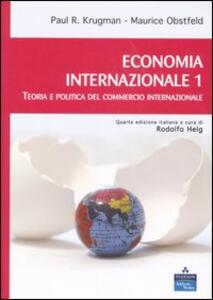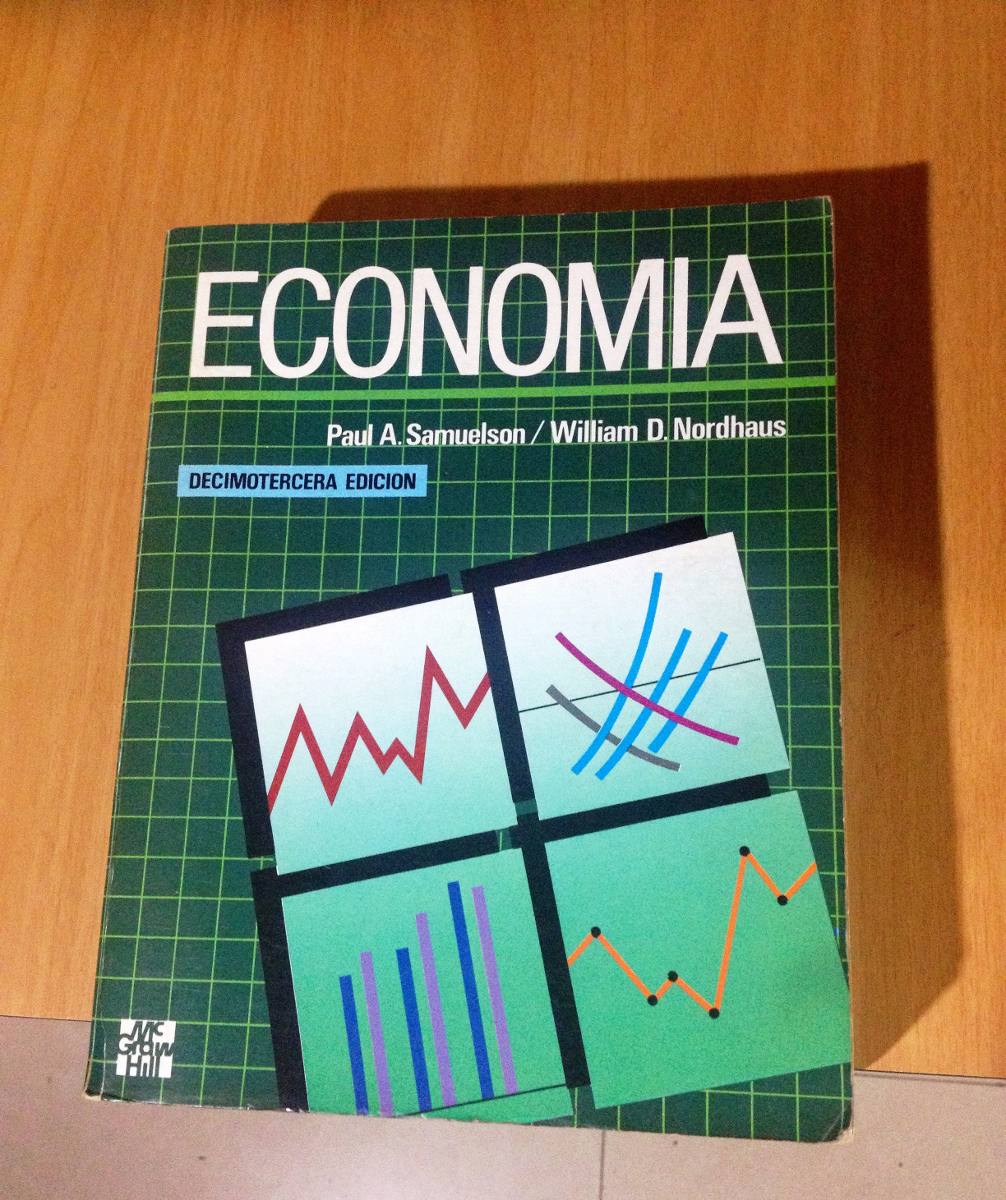Economia Internacional Paul Krugman Libro Pdf 50
Debates are taking place on whether there will be another financial crisis, whether in some part of the world or that is global in scope. Governments draw lessons from financial crises to adopt measures to prevent their recurrence.

Krugman Paul Obstfeld Maurice, Livre Microeconomie Paul R Krugman Robin De Boeck Ouvertures Econ, Livre 201 Conomie Internationale 9e 233 Dition Krugman Paul Obstfeld Maurice, Livre Economie Internationale Dominick Salvatore De Boeck Ouvertures Econ, Economia Internacional Paul Krugman Libro Pdf Free. BibMe Free Bibliography & Citation Maker - MLA, APA, Chicago, Harvard.
However, such measures are often designed to address the root causes of the last crisis but not the next one. More importantly, they can actually become the new sources of instability and crisis. Much of what has recently been written about the Asian crisis on the occasion of its 20th anniversary praises the lessons drawn and the measures implemented thereupon. But they often fail to appreciate that while these might have been effective in preventing the crisis in 1997, they may be inadequate and even counterproductive today because they entail deeper integration into global finance. An immediate step taken in Asia was to abandon currency pegs and move to flexible exchange rates in order to facilitate external adjustment and prevent one-way bets for speculators.
This has a lot to commend it, but its effects depend on how capital flows are managed. Under free capital mobility no regime can guarantee stable rates. Currency crises can occur under flexible exchange rates as under fixed exchange rates. Unlike fixed pegs, floating at times of strong inflows can cause nominal appreciations and encourage even more short-term inflows. Chelsea Fc Font Download more. Indeed nominal appreciations have been quite widespread during the surges in capital inflows in the new millennium, including in some East Asian economies.
Second, most emerging economies, including those in Asia, have liberalized foreign direct investment regimes and opened up equity markets to foreigners on the grounds that equity liabilities are less risky and more stable than external debt. Toyota Engine Block Casting Numbers more. As a result, non-resident holdings as a percent of market capitalization have reached unprecedented levels, ranging between 20 and 50 per cent compared to 15 per cent in the US. This has made the emerging economies highly susceptible to conditions in mature markets. Since emerging economies lack a strong local investor base, the entry and exit of even relatively small amounts of foreign investment now result in large price swings. Third, they have also sought to reduce currency mismatches in balance sheets and exposure to exchange rate risk by opening domestic bond markets to foreigners and borrowing in their own currencies.

As a result sovereign debt in many emerging economies is now internationalized to a greater extent than that in reserve-currency countries. Whereas about one-third of US treasuries are held by non-residents, this proportion is much higher in many emerging economies, including in Asia. Unlike US treasuries this debt is not in the hands of foreign central banks but in the portfolios of fickle investors. Although opening bond markets has allowed the sovereign to pass the currency risk to lenders, it has led to loss of autonomy over domestic long-term rates and entailed a significant exposure to interest rate shocks from the US. This could prove equally and even more damaging than currency exposure in the transition of the US Fed from low-interest to high-interest regime and normalization of its balance sheet. Fourth, there has been extensive liberalization of the capital account for residents. Corporations have been encouraged to become global players by borrowing and investing abroad, resulting in a massive accumulation of debt in low-interest reserve currencies since 2008.
They have also borrowed through foreign subsidiaries. These are not always repatriated and registered as capital inflows and external debt, but they have a similar impact on corporate fragility. Hence the reduction in currency mismatches is largely limited to the sovereign while private corporations carry significant exchange rate risks. Fifth, limits on the acquisition of foreign securities, real estate assets and deposits by resident individuals and institutional investors have been raised or abolished.